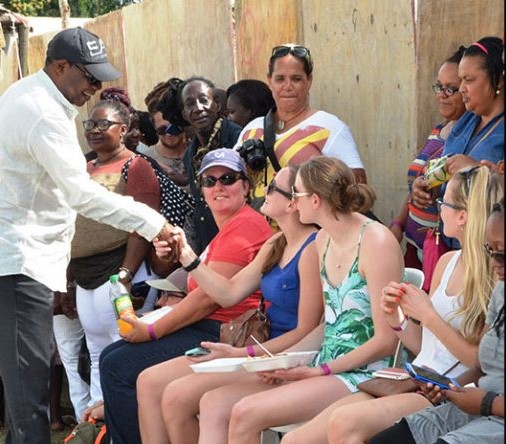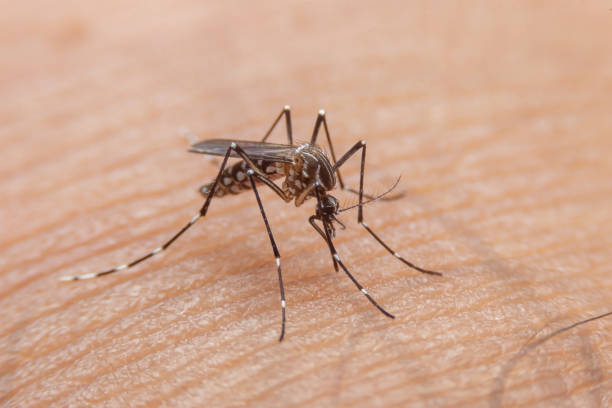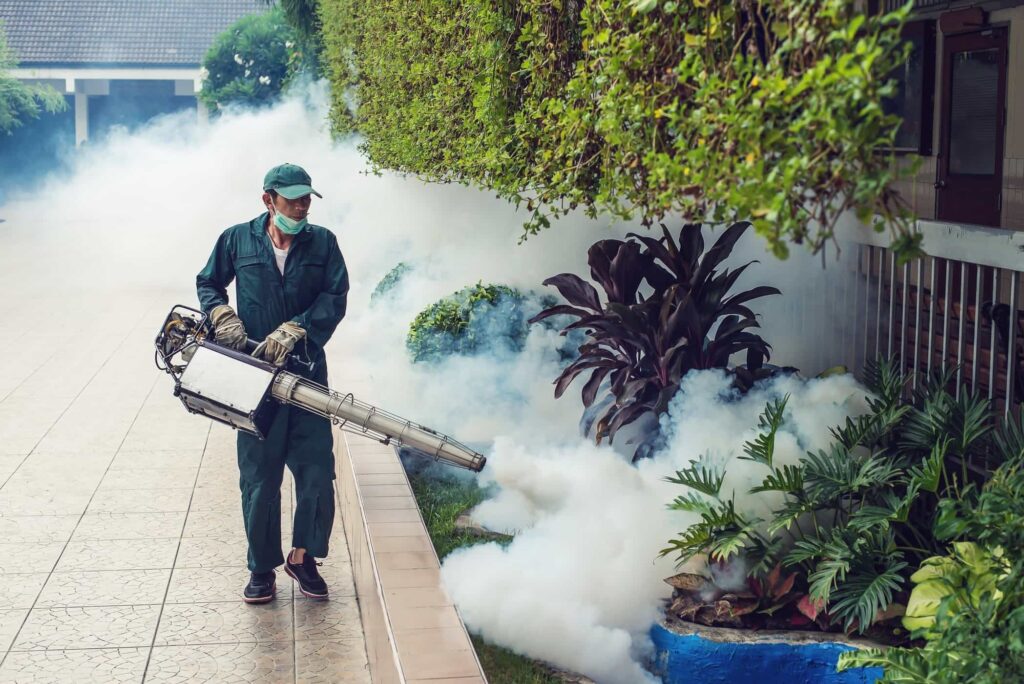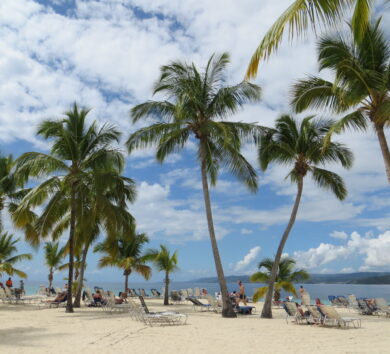
Several Latin American countries on list

Durrant Pate/Contributor
Jamaica remains on Canada’s updated travel advisory along with a number of Latin American countries.
In the latest travel warning advisory, the Canadian government is cautioning its nationals about travelling to Jamaica because of the high level of violent crimes and the strong possibility of contracting dengue, a tropical mosquito-borne illness in tropical and subtropical areas.
The advisory referenced Jamaica’s violent crimes, including armed robbery and murder, which is a problem in large cities and tourist areas, including parts of Kingston and Montego Bay, despite the presence of police to counter criminal activity.
Dengue added to the Jamaica advisory

An update on dengue was added to the Jamaica advisory. This comes as many travel destinations are reporting increasing numbers of dengue cases.
Dengue is a risk in tropical and sub-tropical climates worldwide, mostly in urban and semi-urban areas. It is spread to humans by the bite of an infected mosquito. Some people infected with dengue may not show symptoms. If symptoms develop, they usually begin four to seven days after the mosquito bite and include a sudden high-grade fever, severe headache, nausea and vomiting. Most people with dengue recover after a few days. In a small percentage of people infected, the disease may progress to severe dengue, which can lead to internal bleeding and organ failure.

Other countries on the travel advisory warning:
Guatemala
- Risks: High levels of violent crime, roadblocks, strikes and demonstrations that occur throughout the country.
- Reasons: Violent crime, including homicides, is common in Guatemala. Due to a lack of resources within the police force, arrest and detention rates are quite low. Most incidents are drug- and gang-related. They occur throughout the country, including in tourist destinations. Travellers have been attacked when visiting volcanoes and other tourist sites. Rifles and handguns are very common.
Honduras
Risks: Crime and dengue.
- Reasons: On August 14, local authorities in the city of La Ceiba declared a state of emergency due to rising crime and violence. Violent crime remains a concern throughout Honduras.
The country retains one of the highest homicide rates in the world. Drug trafficking, transnational organized crime and street gang activity are prevalent in certain neighbourhoods. An update on dengue was added to the Honduras advisory. Many travel destinations are reporting increasing numbers of dengue cases. Most people with dengue recover after a few days. In a small percentage of people infected, the disease may progress to severe dengue, which can lead to internal bleeding and organ failure.

Colombia
Risks: High levels of crime.
Reasons: Due to crime, local authorities have increased security measures. A curfew is in effect between 10 p.m. and 4 a.m. in the Fagua and Tiquiza neighbourhoods of Chia.
There has been an increase in deaths related to online dating applications used by criminals to identify and lure foreigners looking to meet people in Colombia.
Incidents occur most frequently in larger cities. Victims often build virtual relationships and attend multiple dates with the same person, often in public places. Once trust is established, the victim is drugged with scopolamine or another incapacitating drug and is robbed and/or kidnapped
Rwanda
- Risks: Marburg Virus Disease outbreak.
- Reasons: On September 27, the Ministry of Health of Rwanda reported an outbreak of Marburg virus disease. Cases have been reported in several districts in the country. The majority of cases and deaths have been among healthcare workers from two healthcare facilities in Kigali. Marburg virus disease is caused by a virus that is spread through contact with infected bodily fluids from people or animals. Although it is rare, it is very serious and often fatal. As long as precautions are taken, travellers are at low risk of becoming ill with Marburg virus disease.







Comments